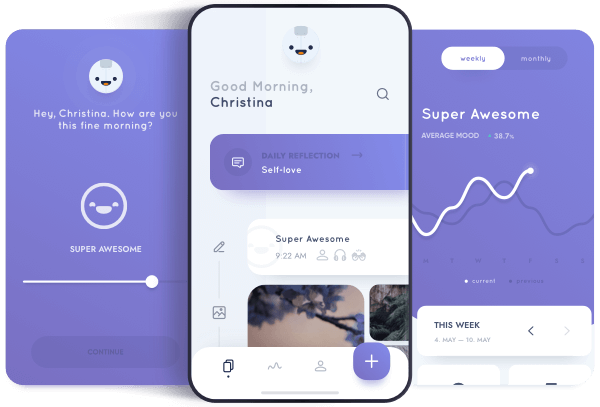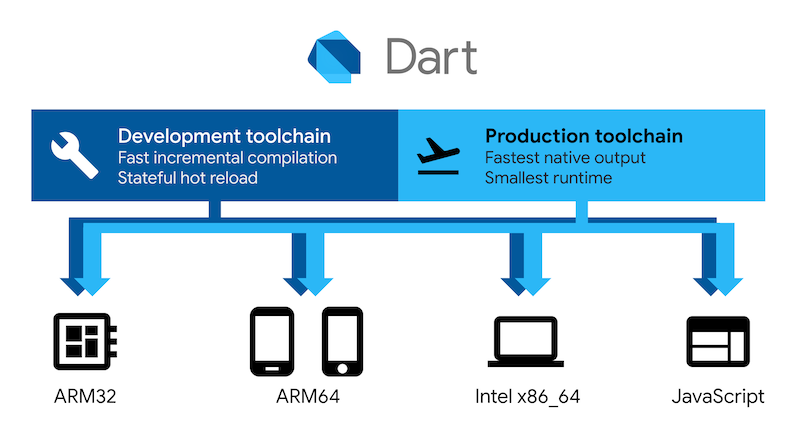Native asset tests use `flutter create --no-pub --template=package_ffi`. The template used for this is checked in. It then adds extra dependencies to checked-in packages in flutter/flutter (which have pinned deps) in those generated templates. It then pins all dependencies in the modified template project. This can lead to constraint violations when flutter updates pinned dependencies, because the template uses old constraints (which are turned from `^x` to `=x`) and the additional dependency on flutter/flutter checked in package brings in different pinned dependencies. In a previous PR we already made this more robust by using flutter's pinned versions over the the versions from the template (that are changed from `^x` to `=x`). Though a new upgrade of flutters pinned packages reveals that this isn't quite sufficient: The template uses `test` at `^X`. The additional dependency to `link_hook` doesn't depend on `test`. It therefore turns it into `=X`. BUT `link_hooks` has a non-dev dependency on `test_core` which is incompatible with `=X`. => So we relax this even more by prefering to choose (pinned) versions of the flutter/flutter `link_hook` dependencies and (new) dev dependencies over the template dependencies. => This will make use use the pinned `test` version from `link_hooks` instead of from the template.
Flutter is Google's SDK for crafting beautiful, fast user experiences for mobile, web, and desktop from a single codebase. Flutter works with existing code, is used by developers and organizations around the world, and is free and open source.
Documentation
For announcements about new releases, follow the flutter-announce@googlegroups.com mailing list. Our documentation also tracks breaking changes across releases.
Terms of service
The Flutter tool may occasionally download resources from Google servers. By downloading or using the Flutter SDK, you agree to the Google Terms of Service: https://policies.google.com/terms
For example, when installed from GitHub (as opposed to from a prepackaged
archive), the Flutter tool will download the Dart SDK from Google servers
immediately when first run, as it is used to execute the flutter tool itself.
This will also occur when Flutter is upgraded (e.g. by running the flutter upgrade command).
About Flutter
We think Flutter will help you create beautiful, fast apps, with a productive, extensible and open development model, whether you're targeting iOS or Android, web, Windows, macOS, Linux or embedding it as the UI toolkit for a platform of your choice.
Beautiful user experiences
We want to enable designers to deliver their full creative vision without being forced to water it down due to limitations of the underlying framework. Flutter's layered architecture gives you control over every pixel on the screen and its powerful compositing capabilities let you overlay and animate graphics, video, text, and controls without limitation. Flutter includes a full set of widgets that deliver pixel-perfect experiences whether you're building for iOS (Cupertino) or other platforms (Material), along with support for customizing or creating entirely new visual components.

Fast results
Flutter is fast. It's powered by hardware-accelerated 2D graphics libraries like Skia (which underpins Chrome and Android) and Impeller. We architected Flutter to support glitch-free, jank-free graphics at the native speed of your device.
Flutter code is powered by the world-class Dart platform, which enables compilation to 32-bit and 64-bit ARM machine code for iOS and Android, JavaScript and WebAssembly for the web, as well as Intel x64 and ARM for desktop devices.

Productive development
Flutter offers stateful hot reload, allowing you to make changes to your code and see the results instantly without restarting your app or losing its state.
Extensible and open model
Flutter works with any development tool (or none at all), and also includes editor plug-ins for both Visual Studio Code and IntelliJ / Android Studio. Flutter provides tens of thousands of packages to speed your development, regardless of your target platform. And accessing other native code is easy, with support for both FFI (on Android, on iOS, on macOS, and on Windows) as well as platform-specific APIs.
Flutter is a fully open-source project, and we welcome contributions. Information on how to get started can be found in our contributor guide.




